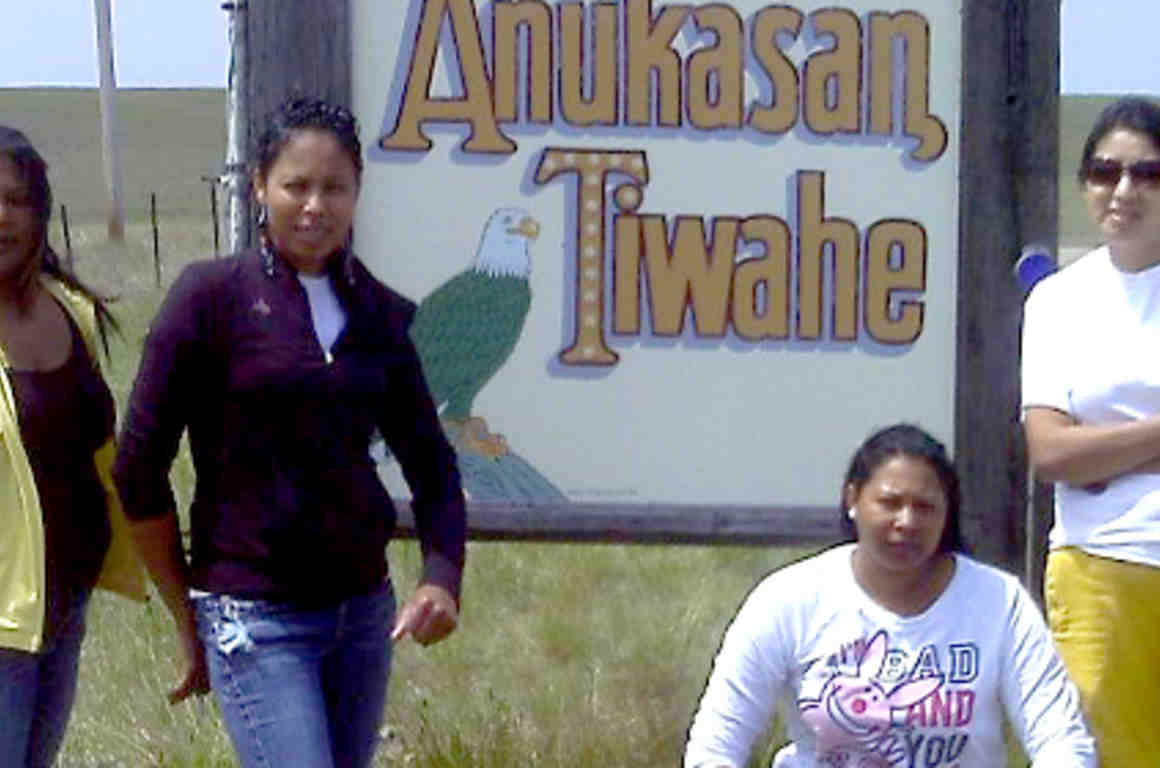"All records stemming from the redress process of the Indian residential school legacy should be public record and not subject to more legal wrangling," said Garnet Angeconeb, who attended Pelican Lake Indian Residential School, near Sioux Lookout and received the Order of Canada, in an email. "We often hear that the Indian residential schools legacy is our 'collective' or 'shared' history as a country. Why then is that one side is driving this contemporary history through the use of law? It looks like, smells like, feels like modern-day colonialism at its best."
 READ: Ottawa's move to block statistical reports on residential schools 'modern-day colonialism,' says survivor | CBC News
READ: Ottawa's move to block statistical reports on residential schools 'modern-day colonialism,' says survivor | CBC News







